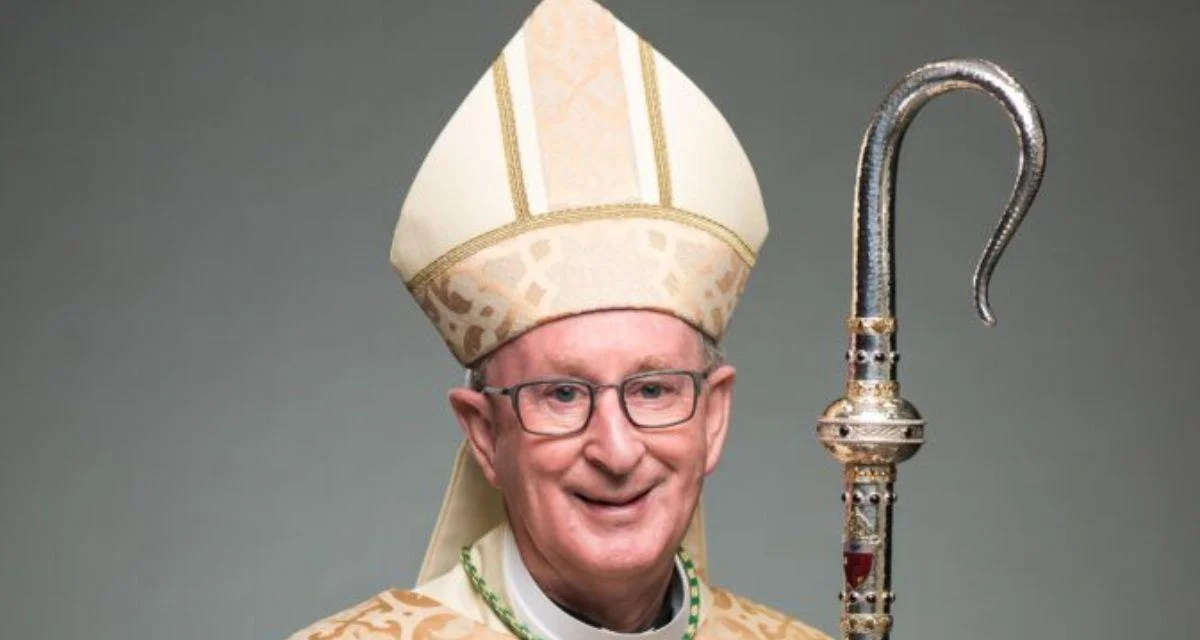
Reverend Joseph E. Kurtz, D.D. Bishop | Archdiocese of Louisville
Encouraging synodal practices within the Catholic Church could help balance the power between the pope and local bishops, according to theologians at the Synod of Bishops. This balance may allow for greater diversity in the universal church and aid efforts toward Christian unity, as some Christian churches view papal primacy as an obstacle.
Father José San Jose Prisco, a theological expert at the synod, stated that recognizing bishops as successors of the apostles rather than vicars of the pope would adjust this balance. He spoke alongside other theologians and an Australian archbishop at a forum on October 16 about papal primacy and synodality.
Father Dario Vitali explained that Christianity's first millennium was marked by "synodality" and local autonomy, while the second focused on papal jurisdiction. In the third millennium, he hopes for both synodality and primacy to coexist, respecting local faith expressions while maintaining universal unity.
Questions about papal primacy are longstanding. St. John Paul II’s 1995 encyclical called for exploring ways to exercise papal ministry in service to Christian unity.
Archbishop Timothy Costelloe noted that listening and discernment processes in the current synod could assist both popes and bishops. However, he warned against a linear process where conclusions are simply submitted to the pope for approval without his involvement throughout.
Archbishop Costelloe emphasized that such a rigid approach perpetuates a pyramidal church structure not aligned with Pope Francis's vision or Vatican II theology.
Catherine Clifford highlighted recent shifts in Catholic ecclesiology toward balancing personal and communal dimensions of papal office. She believes that if the Synod of Bishops becomes more effective in listening to local churches, it can better serve communion and express collective faith decisions.


 Alerts Sign-up
Alerts Sign-up